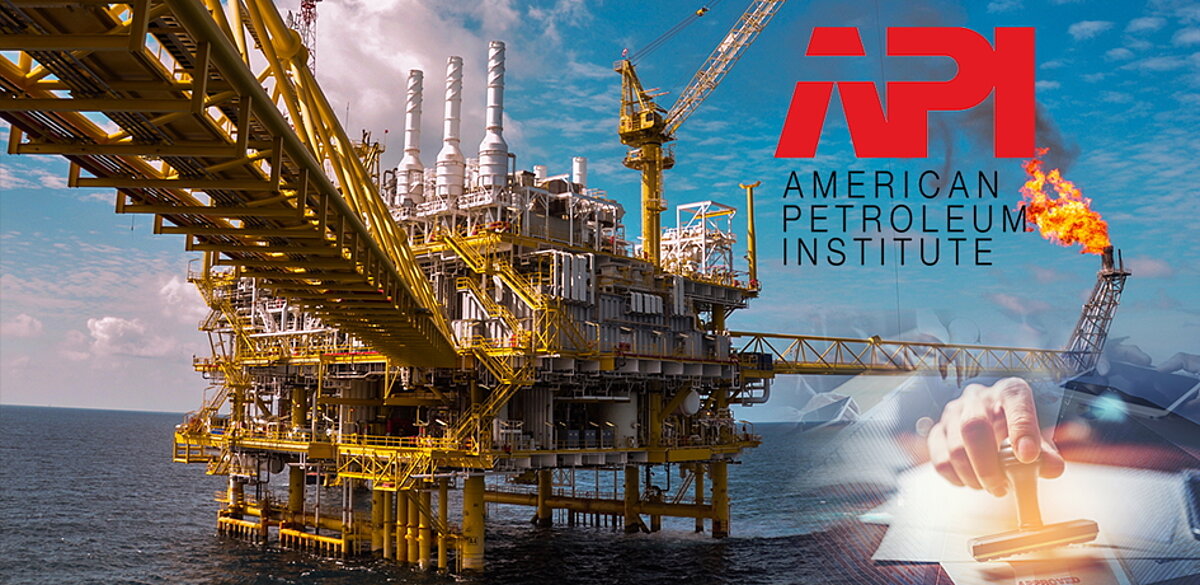API evidence - not easy to find

The API - the term stands for American Petroleum Institute - was founded in 1919 as a standard-setting organisation and is the world leader in creating, maintaining and disseminating uniform standards for the oil and gas industry.
There are now more than 700 standards that improve the operational safety, environmental protection and sustainability of the entire oil and gas industry worldwide.
The standards cover, for example, in the "API Recommended Practice 684" the complete rotor dynamics, unbalance, critical speeds, forces and torsional moments up to rotor balancing. Exciting topics to which I dedicated one of my last blog articles.
But all the other topics you would expect to find in the oil and gas industry are also covered there: Design and calculation of compressors, tanks, heat exchangers, pipelines, flanges, valves Behaviour of materials under temperature, long-term behaviour, etc.
I am all the more surprised when I type "API verification" into Google. On the first pages it is only about the detection of coli bacteria and other bio stuff, but the results are better when the number is entered, i.e. API 684 or API 598. If you add "detection" and "service", there are again no results.
When we talk to customers for whom we carry out such verifications with the help of the finite element method FEM, we are told that it is difficult to find someone who can provide the mathematical verification.
But since we can do exactly that with FEM calculations and so that you can also find us in the jungle of the internet, I have written this short blog article.
So: If you need a mathematical proof in the form of an FEM calculation according to API, no matter in which form, whether in English or German, you know who you will find in the future. The number behind API does not matter to us. We have the most important API standards through our FEM calculations, if something is missing and you need it, we buy it.
You can assume that we and our FEM simulations have the knowledge of how to deal with them and how to perform mathematical verifications.
Yours Stefan Merkle
